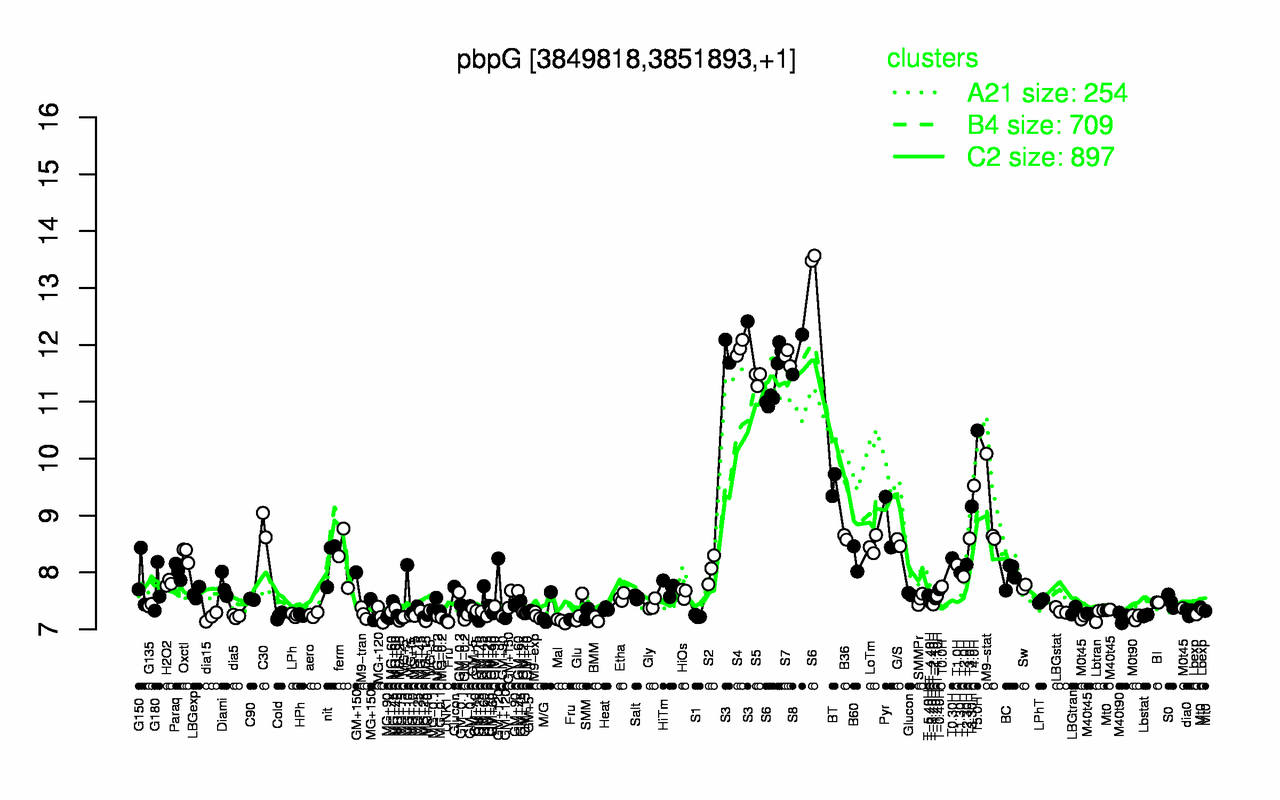
Here, we discovered that Salmonella enterica has two peptidoglycan synthases capable of synthesizing the division septum. To date, actively growing bacteria were reported to have only a "cell division-specific" peptidoglycan synthase required for the last steps of septum formation and consequently, essential for bacterial life. The septum is a continuum of the cell wall and therefore is composed of membrane(s) and a peptidoglycan layer. IMPORTANCE During bacterial cell division, daughter cells separate by a transversal structure known as the division septum. Typhimurium as a specialized peptidoglycan synthase promoting cell division in the acidic intraphagosomal environment. Additionally, we detected much larger amounts of PBP3(SAL) than those of PBP3 in vivo in bacteria colonizing mouse target organs. Typhimurium to divide within phagosomes of the eukaryotic cell. Live-cell imaging microscopy revealed that PBP3(SAL) alone is sufficient for S. PBP3(SAL) activity is also strictly dependent on acidic pH, as shown by beta-lactam antibiotic binding assays. PBP3(SAL) production is tightly regulated with increased levels as bacteria grow in media acidified up to pH 4.0 and in intracellular bacteria infecting eukaryotic cells. While PBP3 alone promotes cell division under all conditions tested, the mutant producing only PBP3(SAL) proliferates under acidic conditions (pH <= 5.8) but does not divide at neutral pH. Typhimurium isogenic mutants lacking PBP3(SAL) or the hitherto considered essential PBP3.

Typhimurium carries genes that encode a PBP3 paralog-which we named PBP3(SAL)-and PBP3, we hypothesized that there are different cell division events in host and nonhost environments. PBP3 is an essential cell division-specific peptidoglycan synthase that builds the septum required to separate daughter cells. We discovered in Salmonella enterica serovar Typhimurium a gene absent in nonpathogenic bacteria and encoding a peptidoglycan synthase with 63% identity to penicillin-binding protein 3 (PBP3). Despite being a key event in the bacterial cell cycle, cell division has not been explored in vivo in bacterial pathogens interacting with their hosts.

Bacterial cell division has been studied extensively under laboratory conditions.


 0 kommentar(er)
0 kommentar(er)
